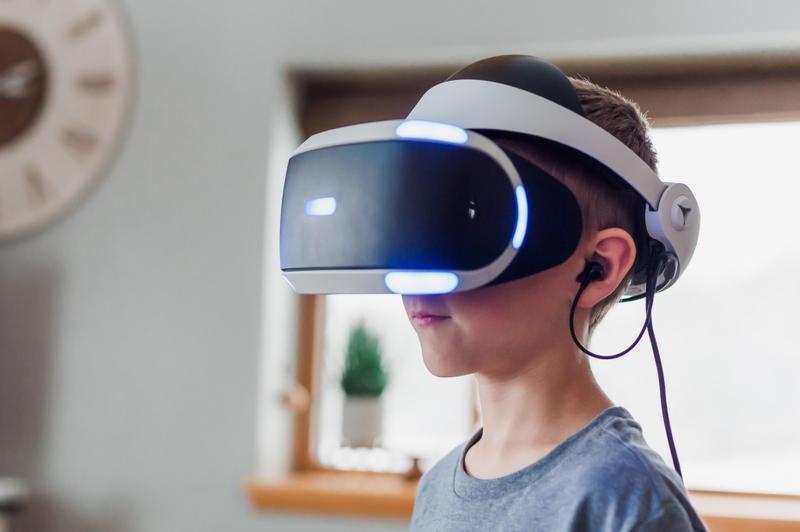Revolutionizing Mental Health: The Impact of VR Therapy
Revolutionizing Mental Health: The Impact of VR Therapy
Hi there! It’s Qhadija, your friendly neighborhood virtual reality (VR) enthusiast. Today, I’d like to talk about the exciting world of VR therapy and its impact on mental health. Are you tired of traditional therapy methods and looking for something a little more… futuristic? Well, strap on your VR headset, because this topic is for you!
Virtual reality has been making waves in various industries, and now it’s time for mental health to catch up. The use of VR technology in therapy has been shown to be an effective supplement to traditional methods, providing patients with new and innovative ways to cope with their mental health issues. From exposure therapy for anxiety to simulating dangerous scenarios for phobias, VR has proven to be a game-changer in the field of mental health.
One of the key benefits of VR therapy is that it allows patients to confront their fears in a controlled environment. For example, someone with a fear of heights can safely confront this fear in a VR simulation, without the risk of physical harm. This exposure to their triggers in a controlled setting can help to reduce the intensity of their phobia over time.
Additionally, VR therapy provides a sense of immersion that traditional methods simply can’t match. Patients can be transported to a completely different world, providing them with a unique perspective and a fresh take on their problems. It’s like therapy on steroids!
In conclusion, VR therapy is a valuable supplement to traditional therapy methods and has the potential to revolutionize the field of mental health. With its ability to provide controlled exposure to triggers and a sense of immersion, VR therapy has the power to help patients in ways that traditional methods simply can’t. So, what are you waiting for? Embrace the future of therapy and try VR today!
References:
"Virtual Reality in Clinical Psychology and Psychiatry." Clinical Psychology Review, vol. 34, no. 2, 2014, pp. 71–78.
"A systematic review of virtual reality exposure therapy for anxiety disorders." Journal of Anxiety Disorders, vol. 30, no. 2, 2016, pp. 129-140.
Disclaimer: This is a comedic piece and should not be taken as professional medical advice. If you are struggling with mental health issues, please seek help from a qualified healthcare professional.
Photo by Jessica Lewis on Unsplash
Be the first to post a message!
